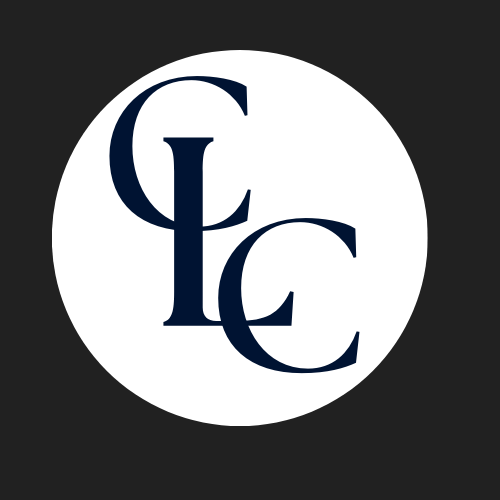Paulo Freire, the renowned Brazilian educator and philosopher, offered a radical vision of education as a tool for social transformation. His philosophy, rooted in critical pedagogy, challenges traditional notions of teaching and learning.
At the heart of Freire’s pedagogy is the concept of dialogue. Rather than a mere exchange of information, dialogue is a transformative process that involves mutual respect, empathy, and critical reflection. Through dialogue, individuals can critically examine their own beliefs and assumptions, and collectively construct new knowledge.
Freire also emphasized the importance of action. He argued that knowledge is not simply acquired through passive consumption but through active engagement with the world. By taking action to address social problems, individuals can gain a deeper understanding of their reality and the power to transform it.
However, it’s important to acknowledge that Freire’s vision of a just and equitable society remains largely unfulfilled. Despite the advances in education and technology, many people around the world continue to be marginalized and oppressed. The challenges of poverty, inequality, and injustice persist, demanding urgent action.
Dialogue as a Tool for Liberation
At the heart of Freire’s philosophy is the concept of dialogue. For Freire, dialogue is not merely a passive exchange of ideas; it is an active process of co-creation. Participants in dialogue must be equal partners, engaging in a mutual exchange of knowledge and experiences. By questioning their own assumptions and listening to others with empathy, individuals can deepen their understanding of the world and their place within it.
Action and Reflection: A Cycle of Transformation
Freire also stressed the importance of action and reflection. He argued that knowledge is not merely acquired through passive consumption but through active engagement with the world. By taking action to address social problems, individuals can gain a deeper understanding of their reality and the power to transform it.
The Role of the Educator
The role of the educator, according to Freire, is not to simply transmit knowledge but to facilitate critical thinking and empower learners to become agents of change. Educators must be humble, patient, and committed to the process of dialogue. They must be willing to learn from their students and to challenge their own assumptions.
The Importance of Ethical Commitment
Freire’s philosophy is grounded in an ethical commitment to social justice and human liberation. Educators and social activists must be willing to challenge the status quo and work towards a more equitable society. This requires a deep sense of empathy, a willingness to listen to marginalized voices, and a commitment to collective action.
By embracing Freire’s philosophy, we can create more just, equitable, and sustainable societies. Through dialogue, action, and reflection, we can empower individuals and communities to shape their own destinies.
To honor Freire’s legacy, we must continue to strive for a more just and equitable world. This requires a commitment to critical thinking, social justice, and collective action. By engaging in dialogue, challenging the status quo, and working together, we can create a future where everyone has the opportunity to reach their full potential.

Leave a Reply